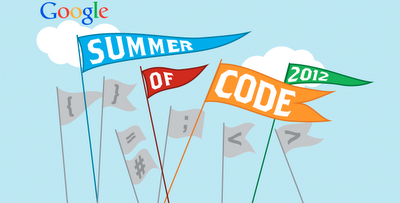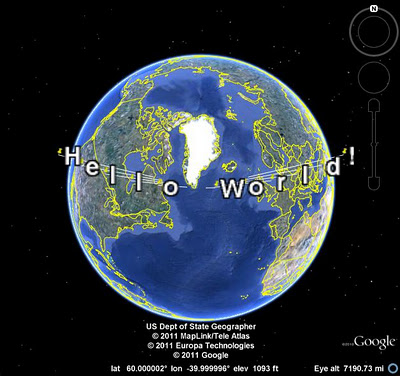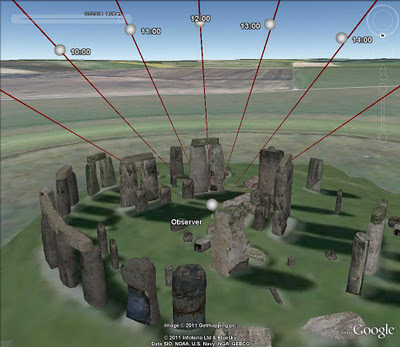Interested in finding bright, enthusiastic new contributors to your open source project? Apply to be a mentoring organization in the Google Summer of Code program. We are now accepting applications from open source projects interested in acting as mentoring organizations.
Now in its eighth year, Google Summer of Code is a program designed to pair university students from around the world with mentors at open source projects in such varied fields as academic research, language translations, content management systems, games, and operating systems. Since 2005, over 6,000 students from 90 countries have completed the Google Summer of Code program with the support of over 350 mentoring organizations. Students gain exposure to real-world software development while earning a stipend for their work and an opportunity to explore areas related to their academic pursuits, thus “flipping bits, not burgers” during their school break. In return, mentoring organizations have the opportunity to identify and attract new developers to their projects as these students often continue their work with the organizations after Google Summer of Code concludes.
This year we are again encouraging experienced Google Summer of Code mentoring organizations to refer newer, smaller organizations they think could benefit from the program to apply. Last year we had 49 of these small organizations join the program and we hope the referral program will again bring many more new organizations to the Google Summer of Code program.
The deadline for applying to be a mentoring organization for Google Summer of Code is Friday, March 9th at 23:00 UTC (3pm PST). The list of accepted organizations will be posted on the Google Summer of Code site on Friday, March 16th. Students will then have 10 days to reach out to the accepted organizations to discuss their project ideas before we begin accepting student applications on March 26th.
Please visit our Frequently Asked Questions page for more details. For more information you can check out the Mentor Manual and timeline for and join the discussion group. Good luck to all of our mentoring organization applicants!




